View Details
start from€ 2304
ESSENTIAL NIGERIA (9 Days)
regular tours
BOOK EARLY
$ 1780 / PP
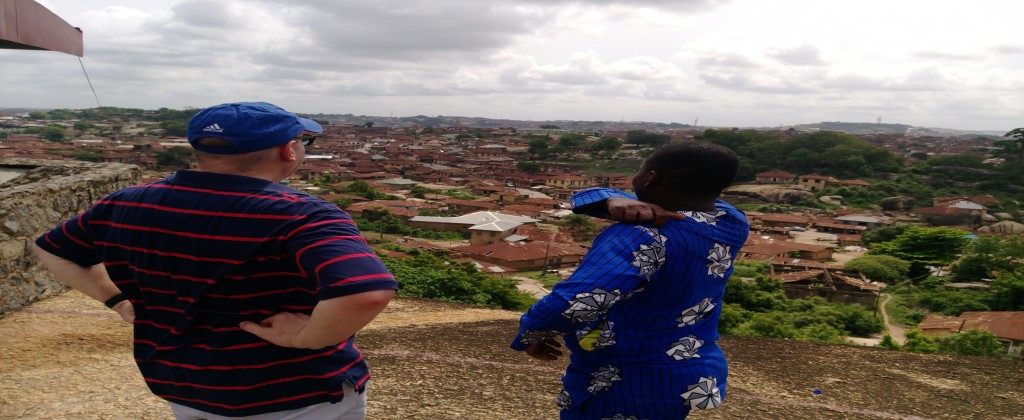
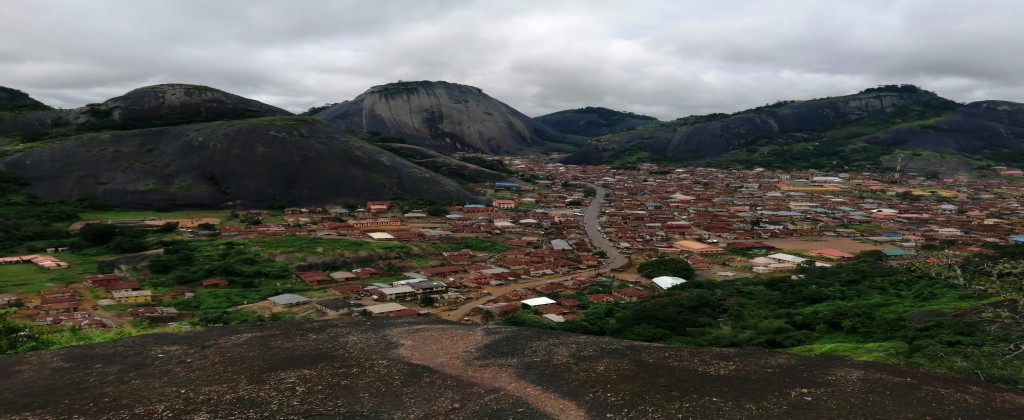
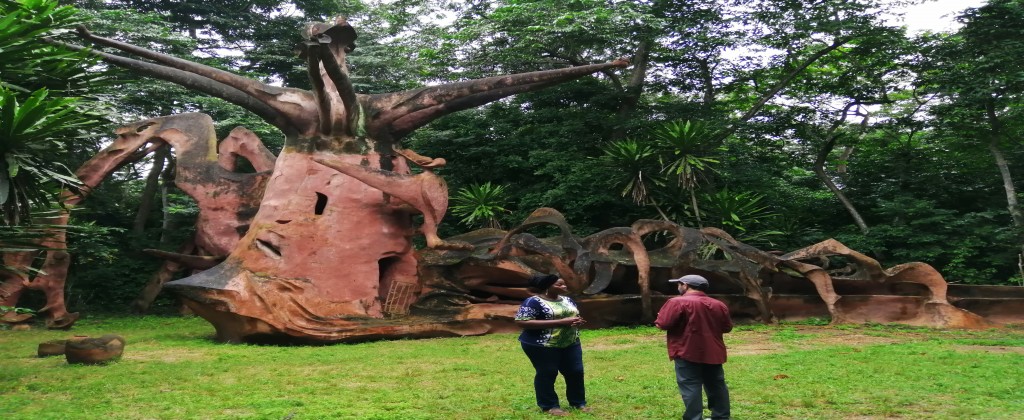
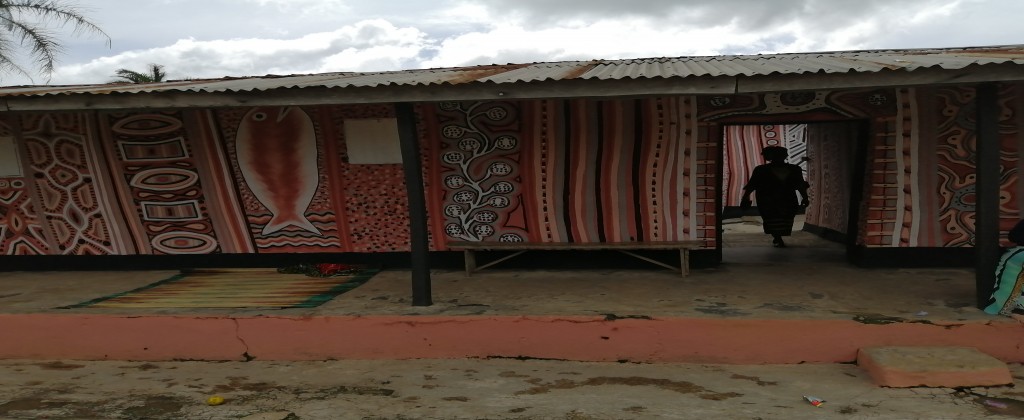
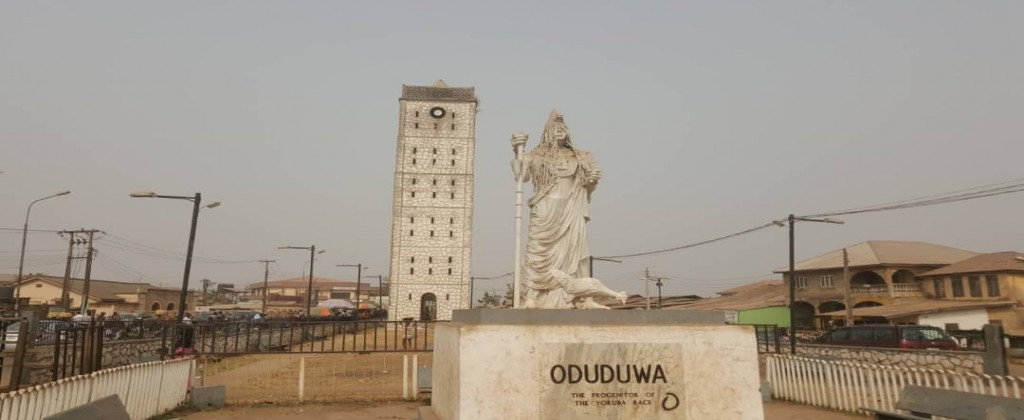
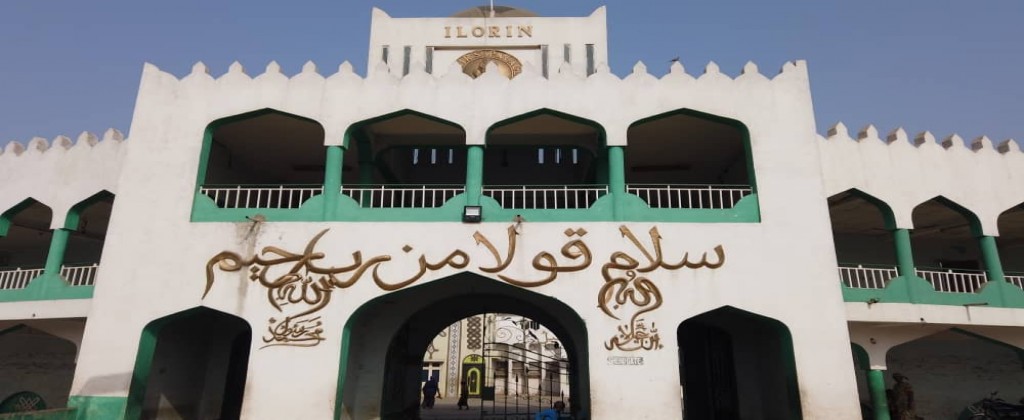
Discover one of Africa’s most vibrant and exciting countries on a trip that will challenge your preconceptions. A much maligned nation, Nigeria suffers from a bad reputation that discourages most travellers, but this trip shows you that there’s another, much more appealing, side to the country. Starting in the mega city of Lagos – surely one of the liveliest on earth – we head to the coastal town of Badagry, linked to the slave trade and with dark secrets to uncover. From here we travel to the old Yoruba city of Abeokuta with its grand Afro-Brazilian buildings, and climb the sacred Olumo Rock, a holy site for local people.
Moving further we head to the virtually unknown Idanre Hillls for an opportunity to discover a lost world of sacred sites and hidden civilisation, before heading on to the town of Oshogbo where we explore a sacred grove and learn about the intricacies of Yoruba religion in the company of revered Ife priestesses. Perhaps the highlight of this trip though is the time we spend in the heartlands of the Kamberi people, getting to know this intensely traditional group of people who have largely shunned the modern world and mark their bodies with elaborate decorations – as curious about you as you are about them. This trip offers unparalleled opportunities to not just get off the beaten track but redefine the very concept, and you’re unlikely to see any other tourists in the whole time you’re here – a truly authentic experience that is often lacking in other parts of the world.
 Some Highlights
Some Highlights
 Visit one of Nigeria's UNESCO Heritage site
Visit one of Nigeria's UNESCO Heritage site
 Hike to the top of the famous Olumo Rock
Hike to the top of the famous Olumo Rock
 Visit Kamberi and Dukawa Tribes
Visit Kamberi and Dukawa Tribes
 Visit a 500 years old Hill village on an exhilarating hike
Visit a 500 years old Hill village on an exhilarating hike
 Visit Nigeria;s first Museum and home to World's largest collection of Soapstones
Visit Nigeria;s first Museum and home to World's largest collection of Soapstones
 Experience culture and traditions at its best at Ile-Ife
Experience culture and traditions at its best at Ile-Ife
 TOUR GRADE: Standard
TOUR GRADE: Standard
 AVAILABLE: All year
AVAILABLE: All year
 DURATION: 9 days/ 8 Nights
DURATION: 9 days/ 8 Nights
 THEME: Cultural & Historical
THEME: Cultural & Historical
DAY 1- Arrive Nigeria
DAY 2-4 - With an expert guide, embark on a tantalizing tour that introduces you to the Egba Clan in Abeokuta. The town’s main attraction is the Olumo Rock. Where the Egba clan hid during what became known as the Yoruba/Dahomey Wars of the 19th century, and then established their powerful kingdom. The rock itself is around 130m high, with steps leading up to it as well as a rather out of character concrete lift shaft. In caves on the rock you can still see the remains of rudimentary settlements and towards the back is a small community of worshippers centered on a shrine, where you may be expected to make a donation.
DAY 5-7 - Enjoy a drive to Ilorin -The city of Ilorin marks the border between north and south Nigeria and it is here that you first start to really notice the influence of Islam, with many women covering themselves - the conservatism in direct contrast to the flamboyance of the south. It is known as a center of pottery and down the dusty backstreets small cottage industries churn out pots of various sizes, while in other parts traditional weavers make garments for the chiefly nobility.
DAY 7-9 - Proceed to hiking on the Idanre Hills, a plateau that holds a hidden – now abandoned– village, a chief’s palace and many sacred sites. One of Nigeria's best attractions that few have ever heard of. Up until the 1930s the populati on of the area lived high up on a rocky plateau, protected from outsiders and largely hidden from view, and when they decamped en masse to lower ground left behind well preserved buildings as a testament to a now lost way of life.
 Detailed itinerary will be sent upon completing the booking process.
Detailed itinerary will be sent upon completing the booking process.
$1780
All Prices are in USD
Price Includes:
 Meet & assist upon arrival & departure
Meet & assist upon arrival & departure
 Visa Letter assistance
Visa Letter assistance
 Accommodation as detailed in the itinerary
Accommodation as detailed in the itinerary
 All transfers from/to airport & Ground transport throughout the tour
All transfers from/to airport & Ground transport throughout the tour
 Entry fees to the all mentioned sites in the itinerary
Entry fees to the all mentioned sites in the itinerary
 Meals as indicated in the itinerary (B=breakfast, L=lunch, D=dinner )
Meals as indicated in the itinerary (B=breakfast, L=lunch, D=dinner )
 English speaking guide accompanying the guests all days from throughout the tour
English speaking guide accompanying the guests all days from throughout the tour
Price DOES NOT include:
The information provided here will provide a basic understanding of what to expect on this tour and in the destination. Should you require further information or clarification, please drop us a Quick email here.
Is this tour suitable or challenging for me?
This regular tour includes overnight stays in basic hotels in the countryside and standard hotels in major city centres. The tour does not include much demanding physical activities. Traveling in Nigeria always requires long driving through rough roads, changing landscapes and steppes with scenic views. However, we have designed our itineraries to have as little driving as possible and where possible break very long distances into two driving days between cities with activities. An approximate long day driving will be 3-7 hours. In some instances, frequent toilet stops, traffic gridlocks, Police and military check points can increase the driving time to up to 12 hours. The itinerary includes some light activities such as 1-3 hours soft hiking, light walking over some rough or difficult terrain with help of local guides. The most challenging hiking experience of our tour is climbing the Idanre hills, the Olumo Rock or the Ado Awaye suspended lake hike.
Accommodation
Nigerian tourism is highly underdeveloped and at its infancy. With the exception of a few international brands, most hotels in Nigeria do not have twin beds in the rooms and that makes sharing difficult especially for group tours. An only double room with a “single” bed is available for couple stays or close friends that won’t mind sleeping on the same bed. Lastly, the hotels are also expensive and you may arrive and not find towels or toiletries in the room unless you demand for them. The staff are however friendly and quick to attend to your request.
Restaurants & Meals
Our meals are as diverse as our country and the people. In the countryside, traditional meals are more rampant and consist of mainly solidified meals made from powdered maize, cassava or yam in different forms. These meals are eaten with local “soups” made from variety of vegetables and spices. Most of our local foods are spicy (hot). Rice, pasta, spaghetti are also readily available on menu. So also are vegetables, beef meat, chicken and various species of fish. Sea foods are also common and there are special restaurants that serve sea foods only.
There are local restaurants everywhere and in most hotels that serve local and continental dishes. During the tour and on the road, we tend to use more of fast-food restaurants that serve local dishes, continental dishes and pastries. It is faster to make a choice among the varieties on display, faster service, and most importantly, more hygienic than most traditional local restaurants called “Buka” or “Mama put”. Most restaurants can provide vegetarian meals on request. Please let us have vegetarian request ahead and we will strive to make it available at the various restaurants we will be using
More information on general Nigerian food and the Hotel meals are available at Nigerian Meals
Our Guides (Native Pikins)
All our “native pikins” are English speaking and indigenous to our destinations. We also have some pikins (guides) who speak French, German, Russian and Chinese. They are all friendly, helpful and were born and brought up in the locality. They have good knowledge of the cultures and traditions of our people and have at least three or more years of guiding experience. There will always be a Native Pikin accompanying you on most tours and in some instances, more than one due to logistics needs.
Tour vehicles
Our tour vehicle choice is dependent on the number of persons on the tour, the terrain of the itinerary and most importantly, the need to be ‘incognito’ avoiding calling undue attention to our passengers. We use cars, SUVs, MPVs, Minivans and Coaches according to the number of participants. Our fleets consist of German Mercedes Benz and Japanese Toyota Vehicles as well as South Korean brands driven by experienced, friendly and good drivers with mechanic experience. You may check Our fleet for more information about the type of vehicles we use.
When to visit Nigeria?
The most suitable time to travel to Nigeria is between October and April when the rains have stopped. During this period, the weather will be dry, cold and warm as you approach March/April. Nigeria has a very mixed and interesting weather in different parts of the country. The Northern part of Nigeria is usually dry and windier with some green scenery up to November. From December to January it becomes hazy with harmattan wind from the Sahel. Between February and April, it becomes very warm with temperatures getting as high as 40 degrees Celsius sometimes in some states like Kano, Sokoto, Borno and Adamawa.
The Middle Belt (North Central) has a hybrid temperature of both the North and Southern features. The parts above the River Niger are usually dry and windy while the lower Niger states are a bit warmer and windy. Temperatures in this region fluctuates a lot; hourly, daytime and at nights. The temperature stays around 27-33 degrees during the day and drops 18-24 degrees in the evening and at nights.
The Southern states are green all year round with varying temperatures. Almost all Southern states have pleasant weather of between 21-32 degrees all year with the exception of Lagos. In Lagos, it is hot, humid and congested unlike other southern states that are a bit windy and cool. Rainfall can occur at any time in the coastal states like Rivers, Bayelsa, Edo and Delta. The South Eastern states have tropical rainforests with some little harmattan mid-January. To assist with your pre-departure preparation, you may check packing list advisory here.
To plan your FIT itinerary or customize the tour exclusively for you, what to do and see in Nigeria page may help you.
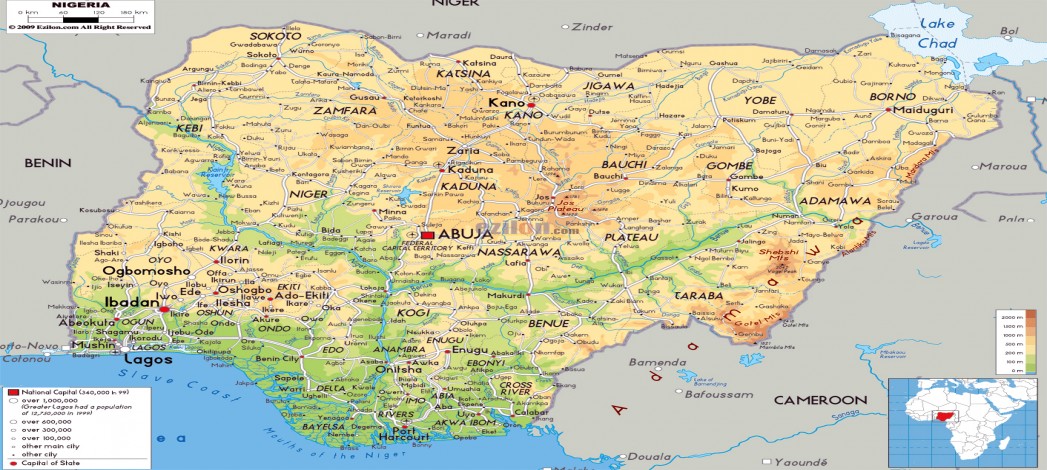



Register and receive interesting information and travel news